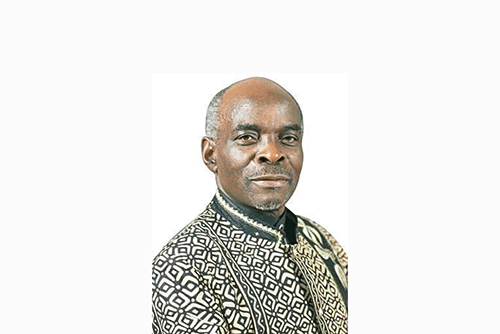A political commentator says the current electoral system makes it difficult to hold parliamentarians accountable, suggesting there is a need to consider limiting their term in office to two and a half or three years, instead of the current five.
University of Namibia-based Rui Tyitende, who was speaking yesterday at a strengthening democracy conference, believes limiting MPs’ time in office will help in keeping them accountable.
“In five years, a politician is guaranteed a salary. They will seat in parliament – whether they are conducting productive research on their iPads or whether they are watching pornography, we won’t know but we need to do something about it,” he said.
To change the status quo, Tyitende said there is a need to amend the specific electoral Act to lean toward a constituency-based or ward system, where citizens will have a legal remedy to recall non-performing MPs.
At the moment, parliamentarians to the National Assembly are elected through a party list system.
Elaborating on his stance, Tyitende said, a few years back, parliamentarians were asked to declare their assets and wealth, but many were reluctant, and the public could do nothing about it.
“In the current system, politicians are not answerable to citizens but the parties – and in most cases, non-performing MPs are protected by their political elite, and there is nothing that we can do as citizens,” he said.
“Look at institutions like parliament. When we speak of asset declaration, how many MPs have actually declared their assets? Most are reluctant, and what can the public actually do about it? Look at the wealth of politicians and where they actually derive this wealth from is actually from fishing quotas and public tenders, but the moment they are asked to reveal this, they are reluctant – and what can the public actually do about it?”
Former Prime Minister and Swapo veteran Nahas Angula yesterday concurred with Tyitende, saying the current system prevents lawmakers from answering to the general public.
“The current system is bad democracy. It allows parliamentarians to be loyal to the party president but not to the people. For example, an MP just needs to be loyal to the party president then he or she knows his or her bread is secure for the next five years. He or she does not need to go and do research whatsoever,” said Angula when approached for comment.
Angula went on to say that when they drafted the constitution in 1990, it was a give-and-take situation, which is why they chose proportional representation and party lists.
Newly elected Swanu president Evilastus Kaaronda said he was somewhat in agreement with Tyitende.
However, he believes, the suggestion to hold elections every three years would be costly.
“I would rather propose that a mid-term assessment be carried out by an independent organisation to assess the work of MPs and then provide political parties with their advice,” Kaaronda said.
Meritocracy
Meanwhile, speaking at the same occasion, ombudsman Basilius Dyakugha recommended the use of meritocracy to choose and appoint individuals to important positions in government.
He said, in Namibia, citizens have elected people to parliament – and to some of them, this was their first time in a leadership role.
“This cannot be right; in my opinion, people should first prove themselves at lower-level leadership structures. We should also refrain from electing leaders because we like them, but rather because they are capable to lead,” he said.
– ktjitemisa@nepc.com.na



